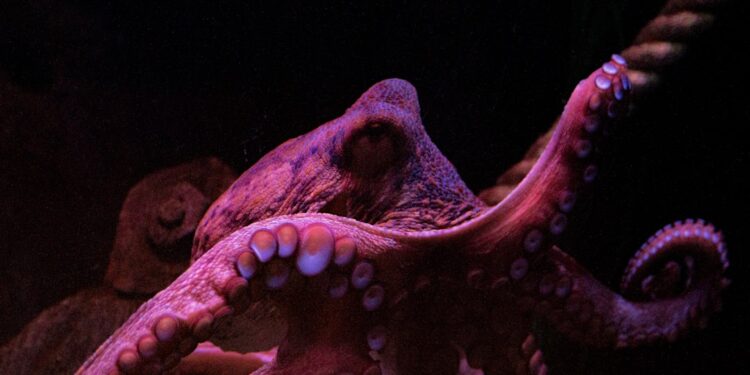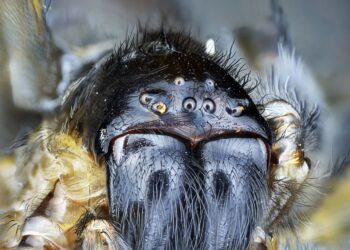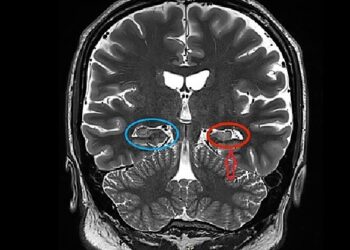What is a unique feature of octopus brains?

One large brain
Three brains
Eight brains
Distributed neurons
How many hearts does an octopus have?

One
Two
Three
Four
Which ability helps octopuses escape predators?
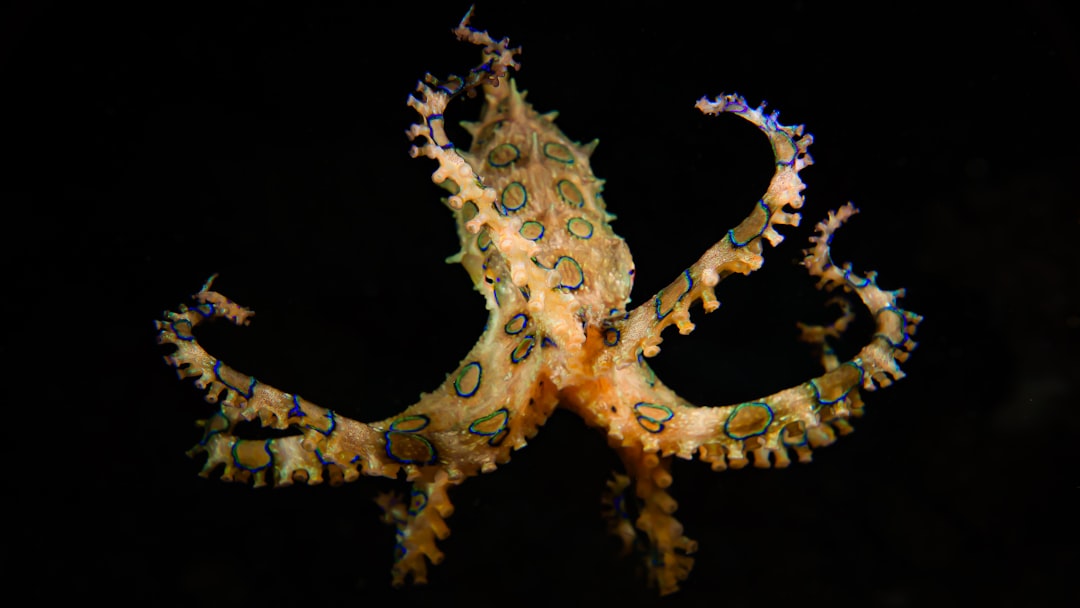
Fast swimming
Ink spraying
Climbing trees
Loud noises
Octopuses can change their skin color due to:

Mood
Camouflage
Temperature
Sound
How many species of octopus are known?
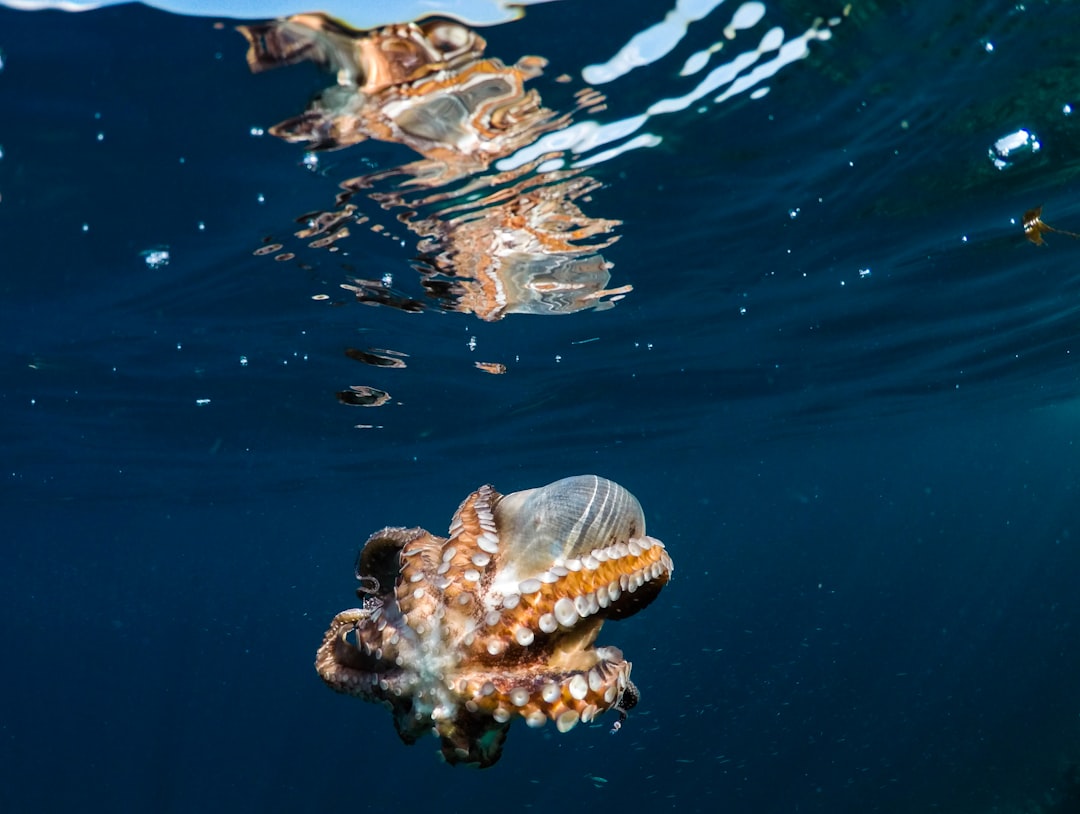
50
100
200
300
Which part of an octopus is its beak located?
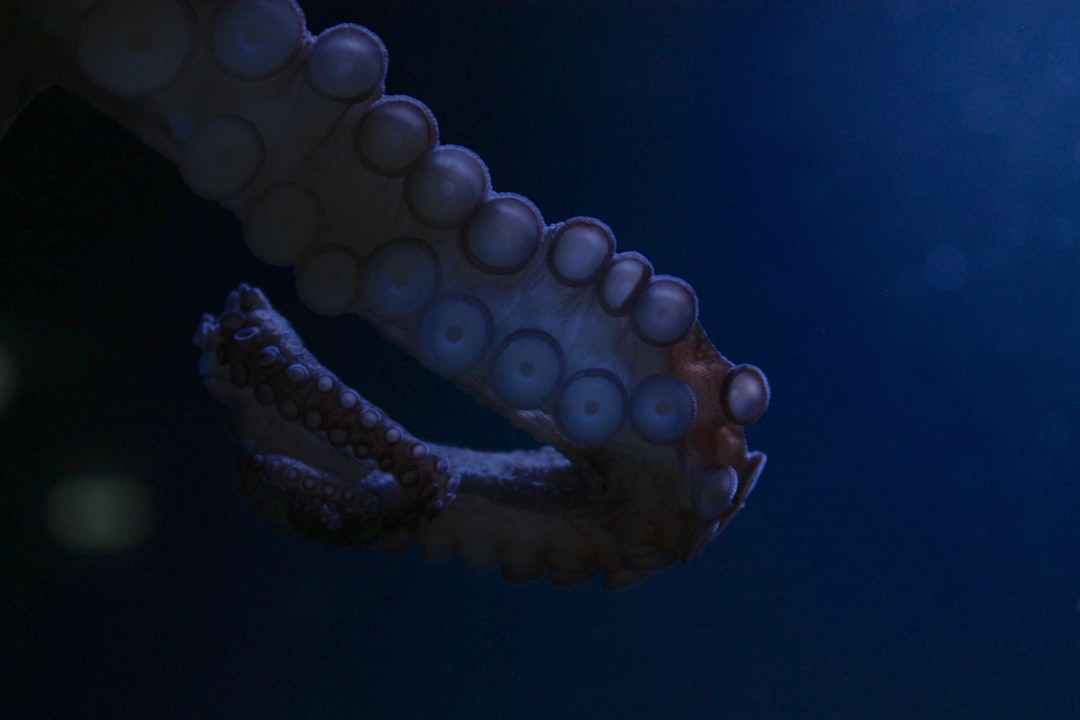
Arms
Head
Mouth
Tentacles
What is a common prey for octopuses?
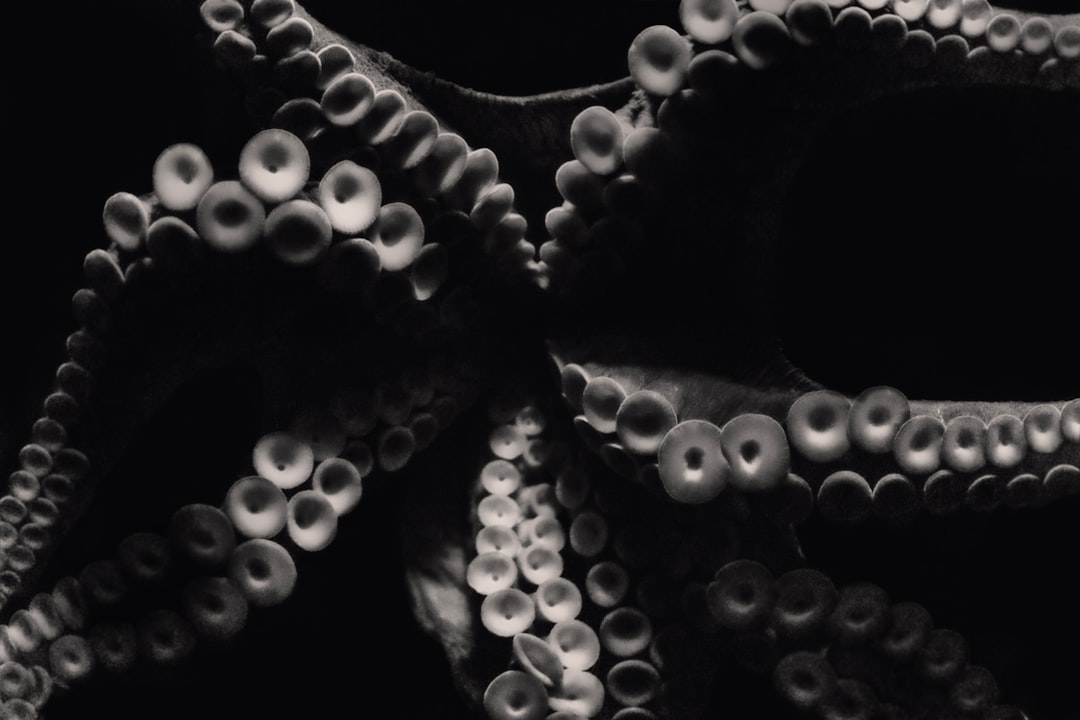
Sharks
Crabs
Seagulls
Dolphins
Octopuses primarily inhabit:
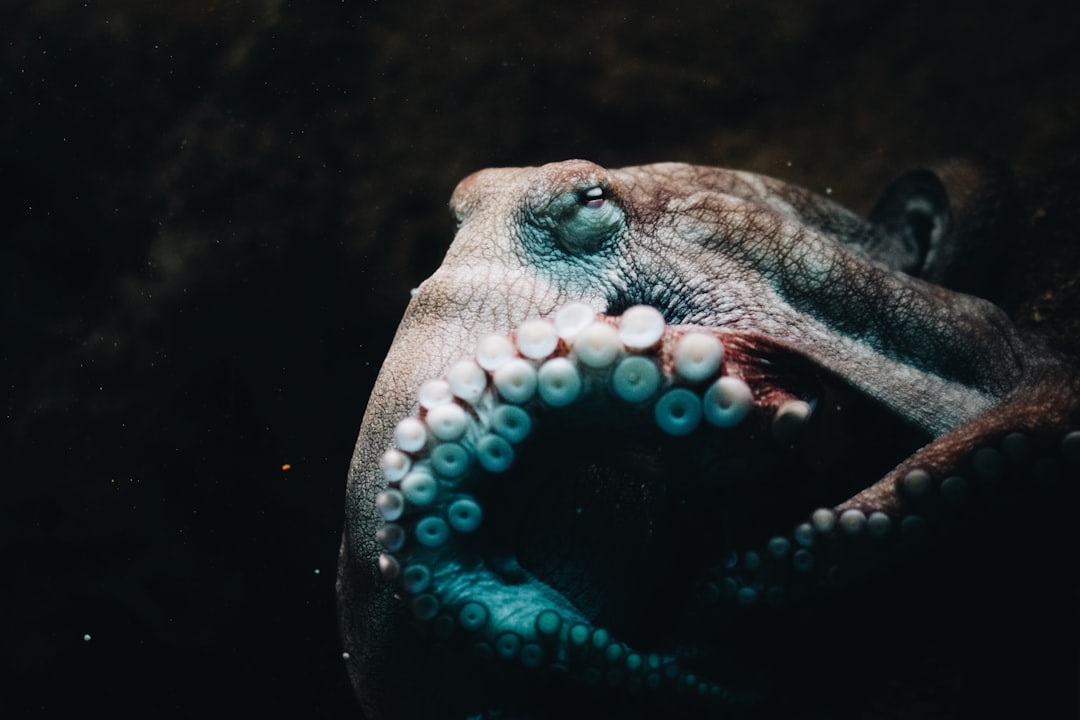
Rivers
Lakes
Oceans
Swamps
Which is a notable cognitive trait of octopuses?
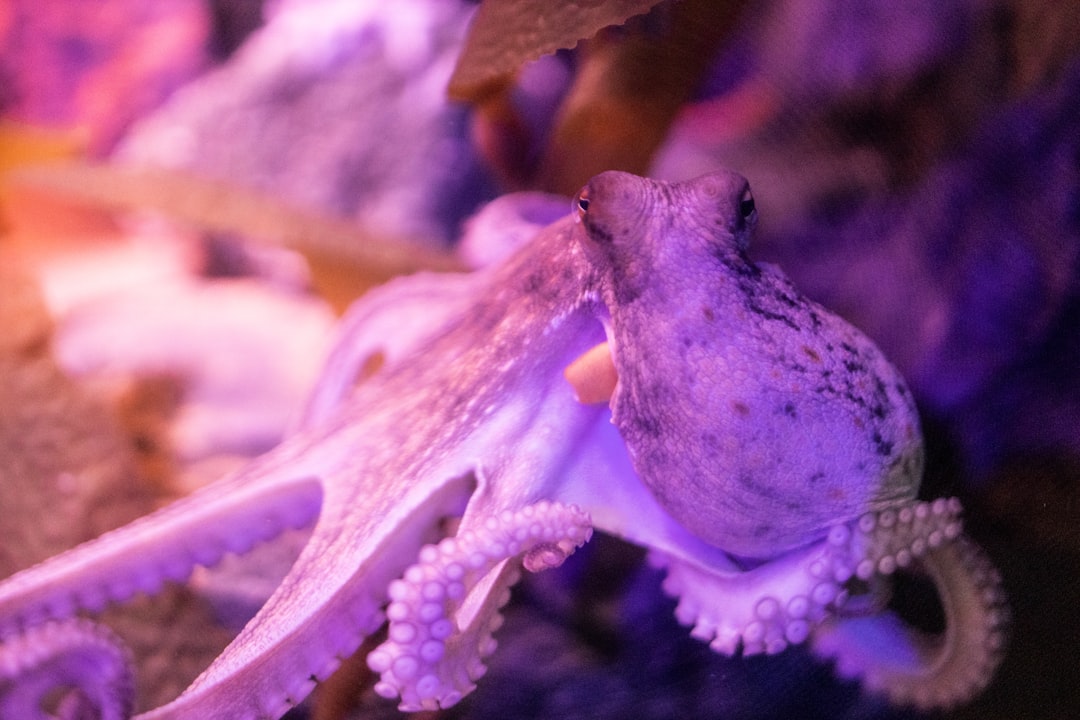
Tool use
Singing
Flying
Language
How long is the typical lifespan of an octopus?
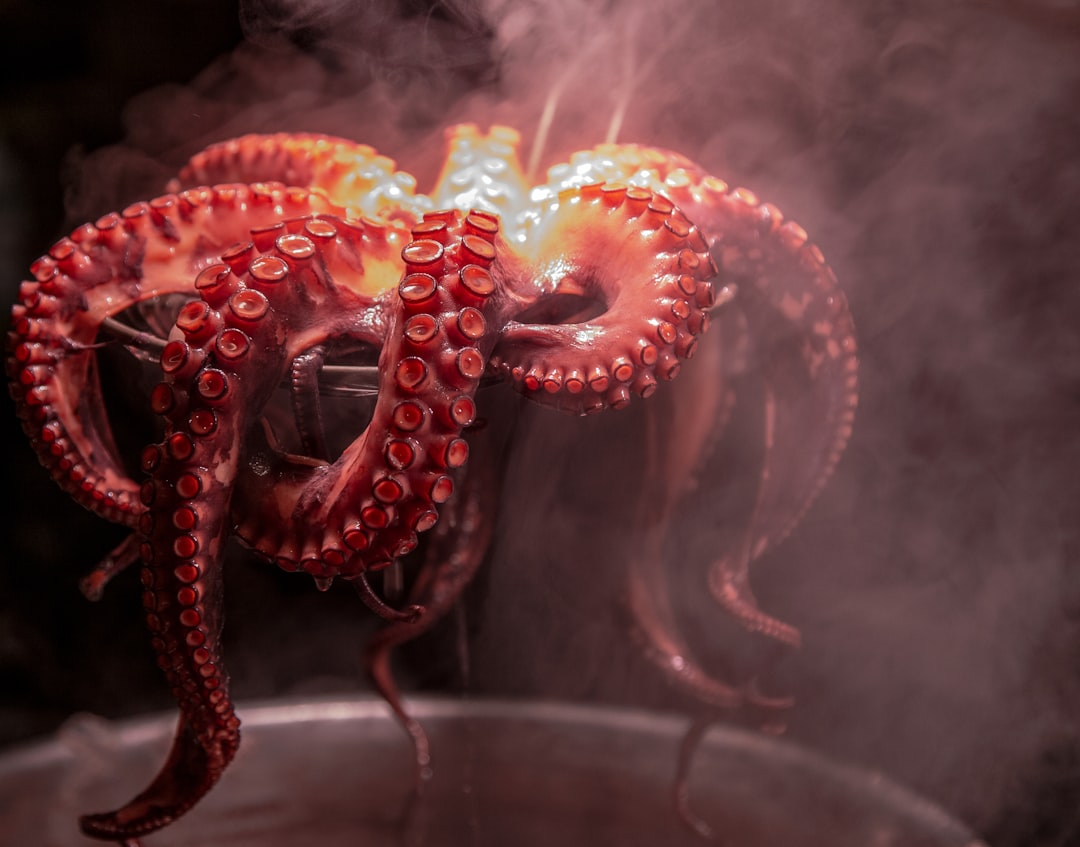
1-2 years
5-10 years
10-20 years
20-30 years
What type of blood do octopuses have?
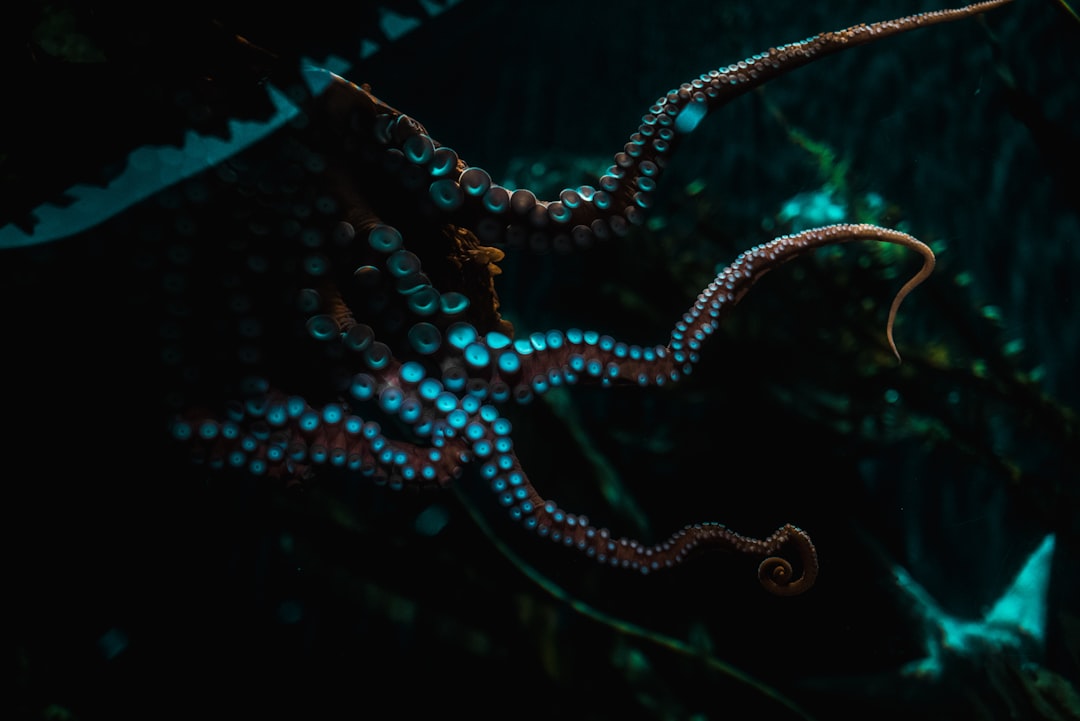
Red
Green
Blue
Yellow
How do octopuses primarily move?
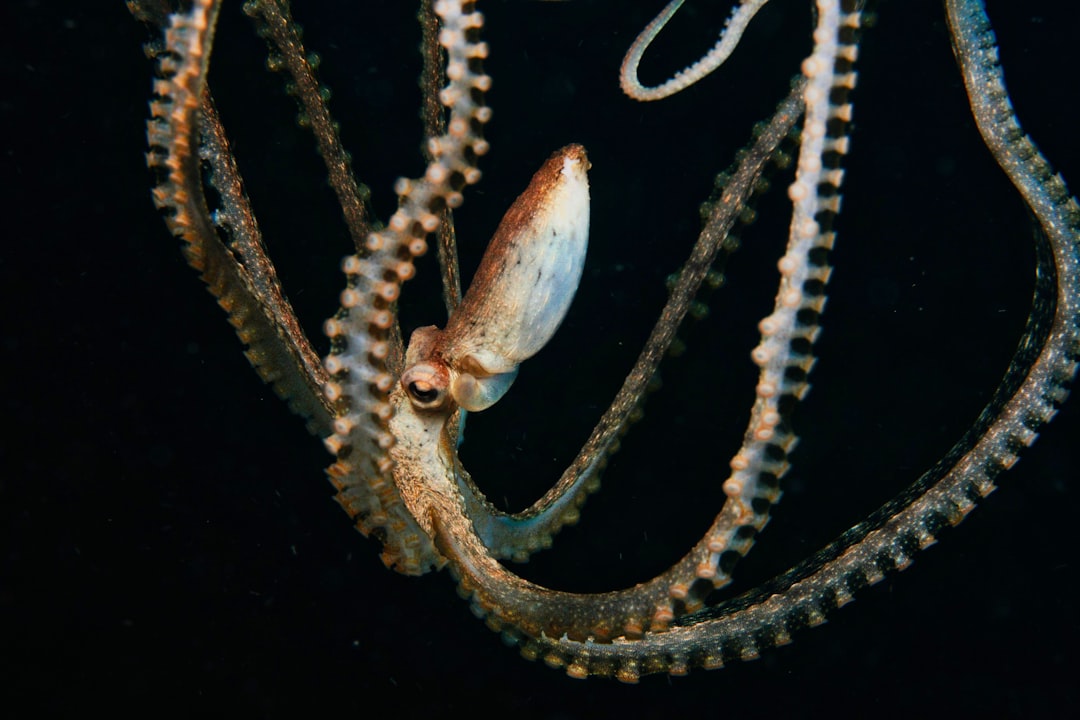
Swimming
Crawling
Flying
Jumping
What is a common defense mechanism of octopuses?
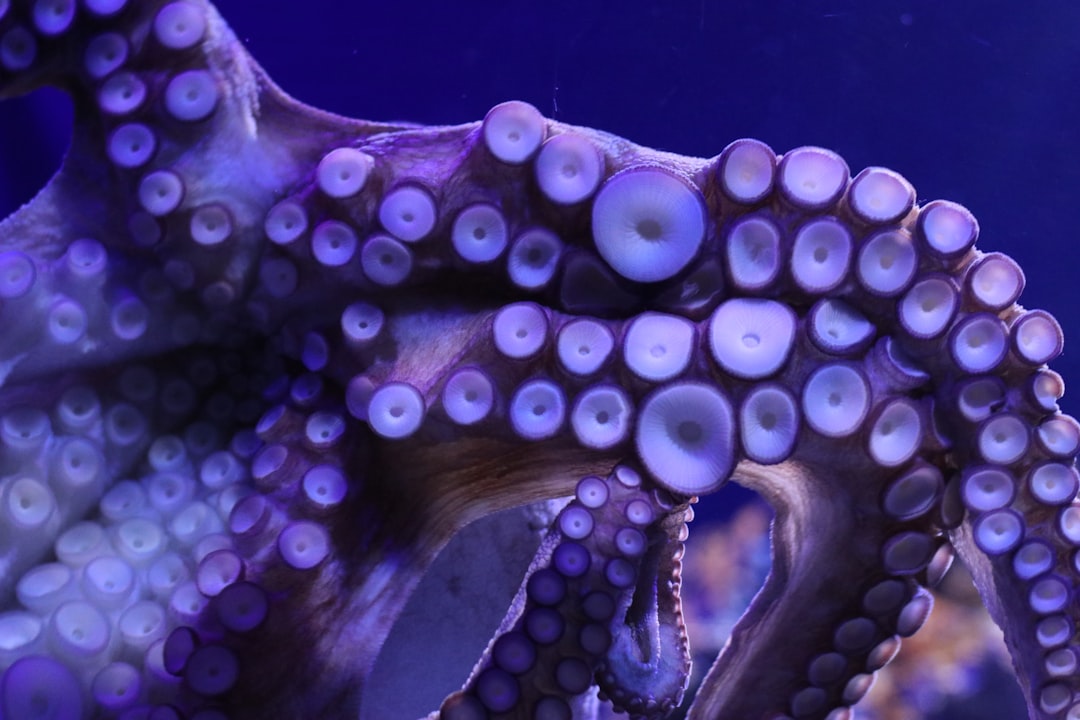
Mimicking surroundings
Emitting sound
Playing dead
Changing shape
How many suckers does an octopus arm typically have?
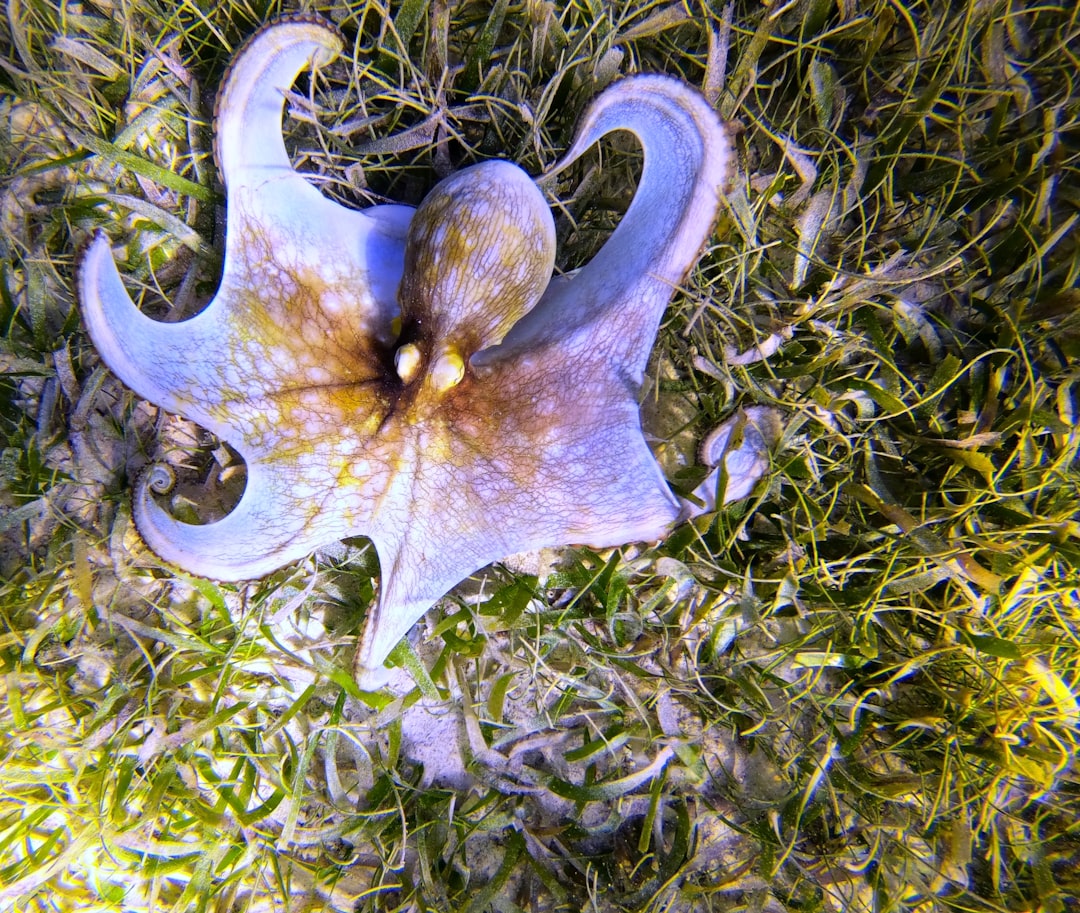
10-20
50-100
100-200
200-300
Which sensory organ is highly developed in octopuses?
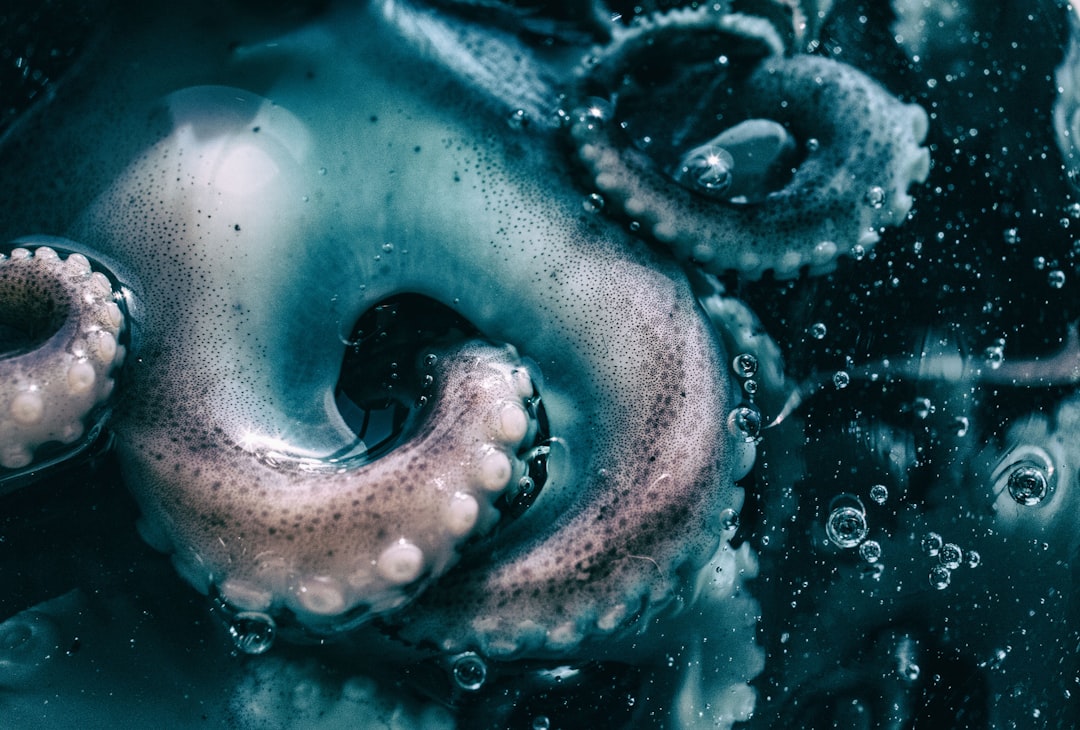
Eyes
Ears
Nose
Tongue
What is the primary habitat of the Giant Pacific Octopus?
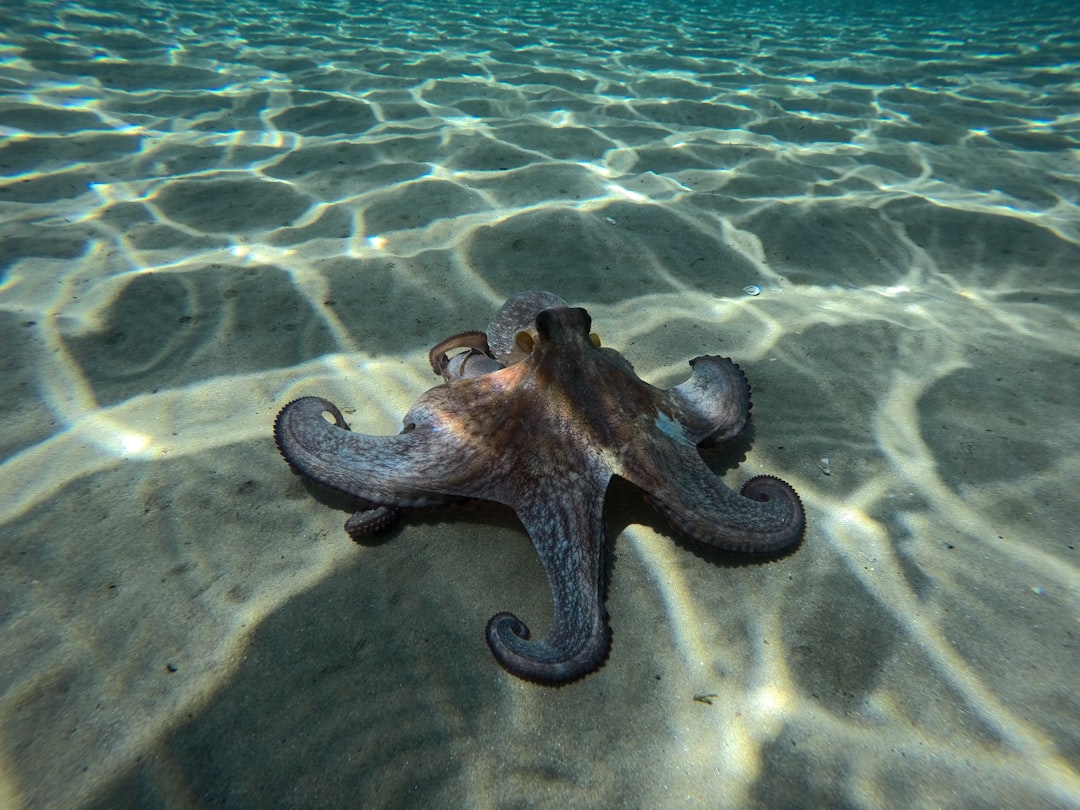
Coral reefs
Deep ocean
Tide pools
Mangroves
What can octopuses do with their arms that is unique?
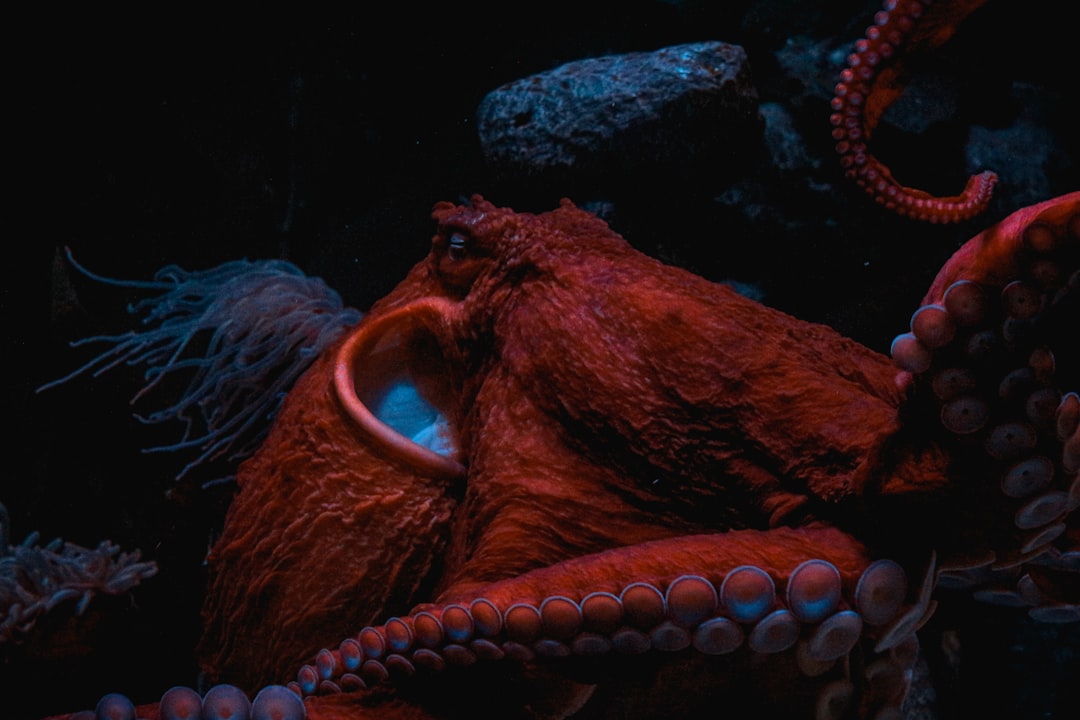
Detach them
Regenerate them
Fly with them
Glow with them
What do octopuses use to taste their food?
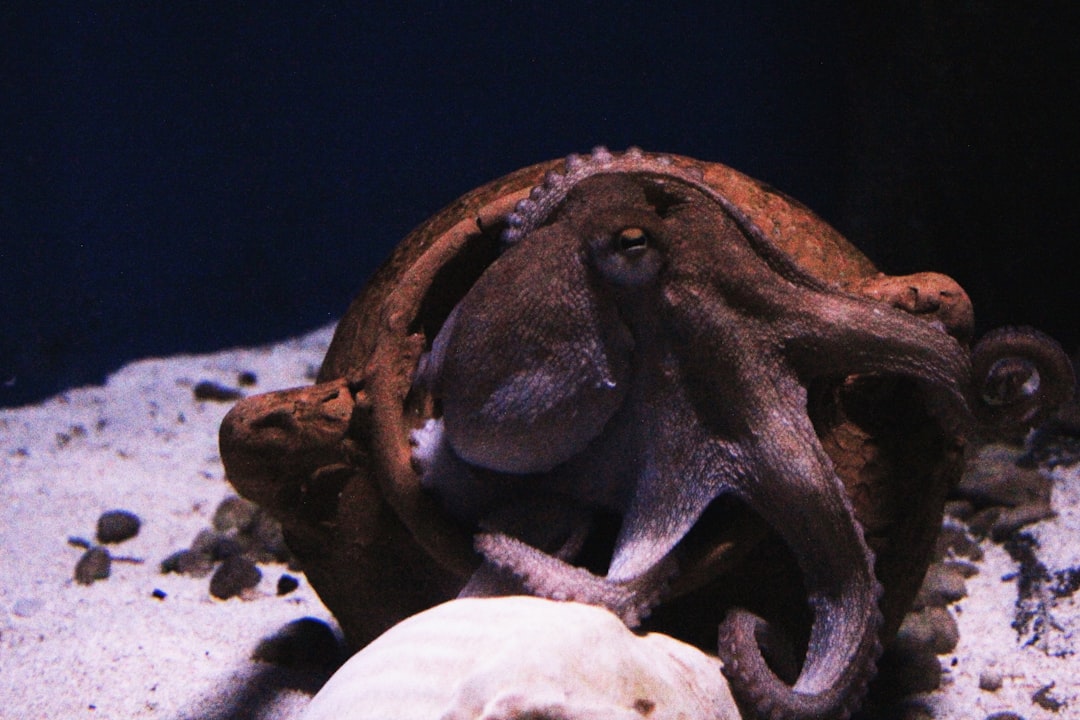
Eyes
Arms
Skin
Beak
What is the scientific name for the octopus?
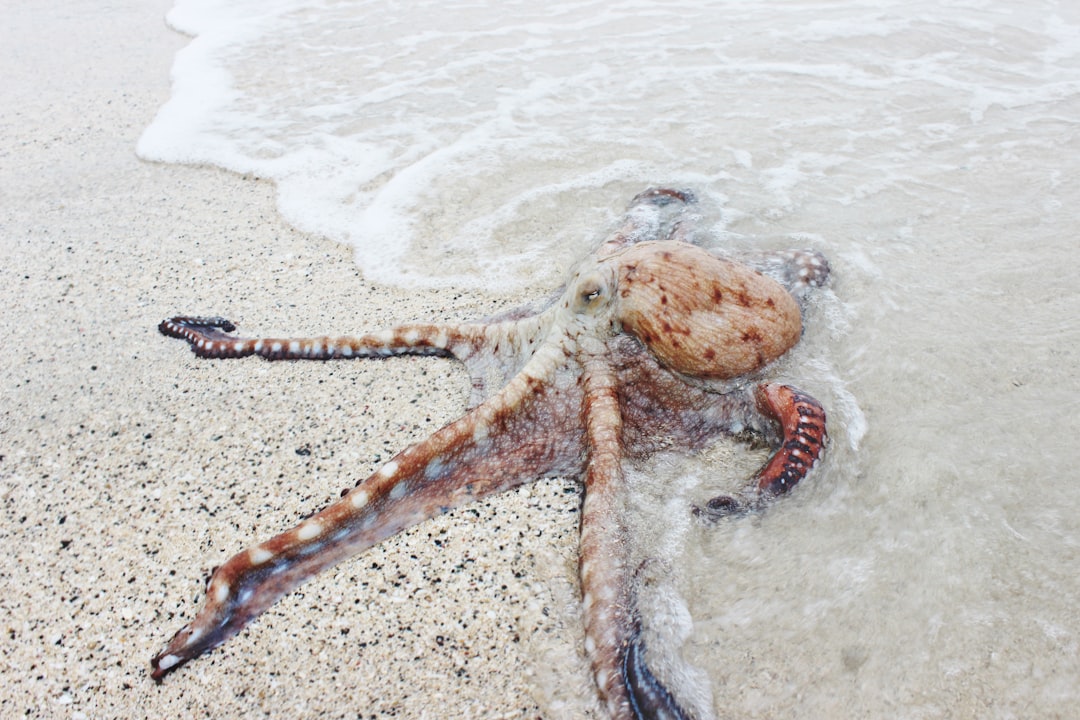
Octopus vulgaris
Octopus maritimus
Octopus gigantus
Octopus marinus
How do octopuses reproduce?
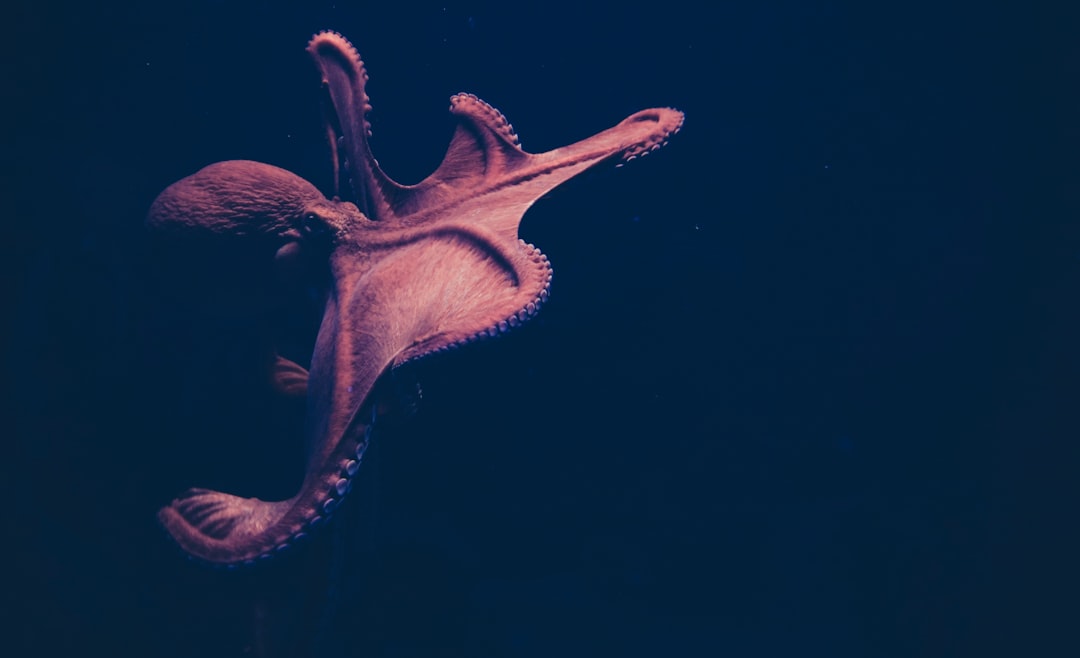
Laying eggs
Live birth
Cloning
Budding
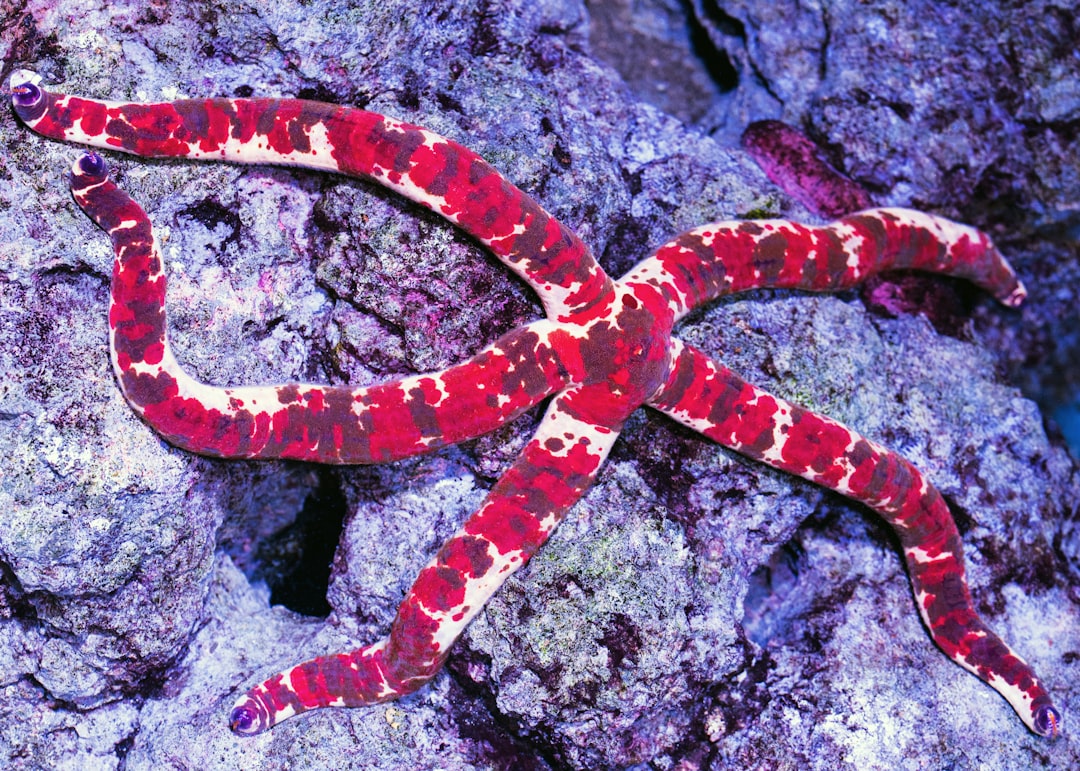
Underwater Novice
Your octopus knowledge is just starting to swim!
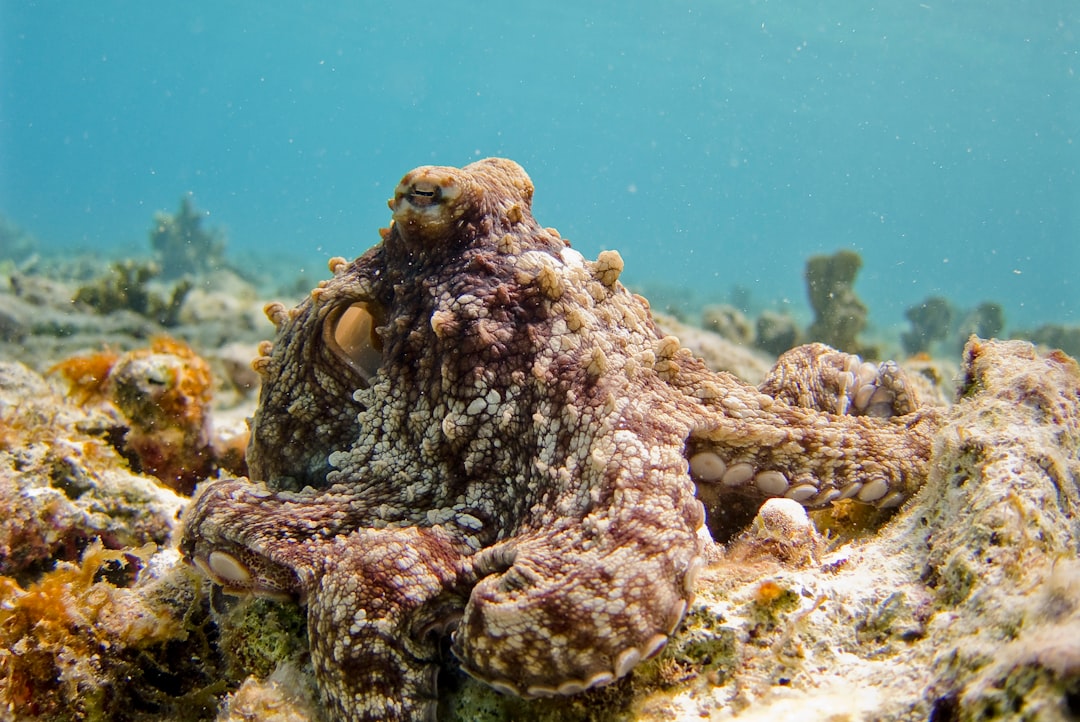
Cephalopod Scholar
You know quite a bit about octopuses, keep diving into more knowledge!
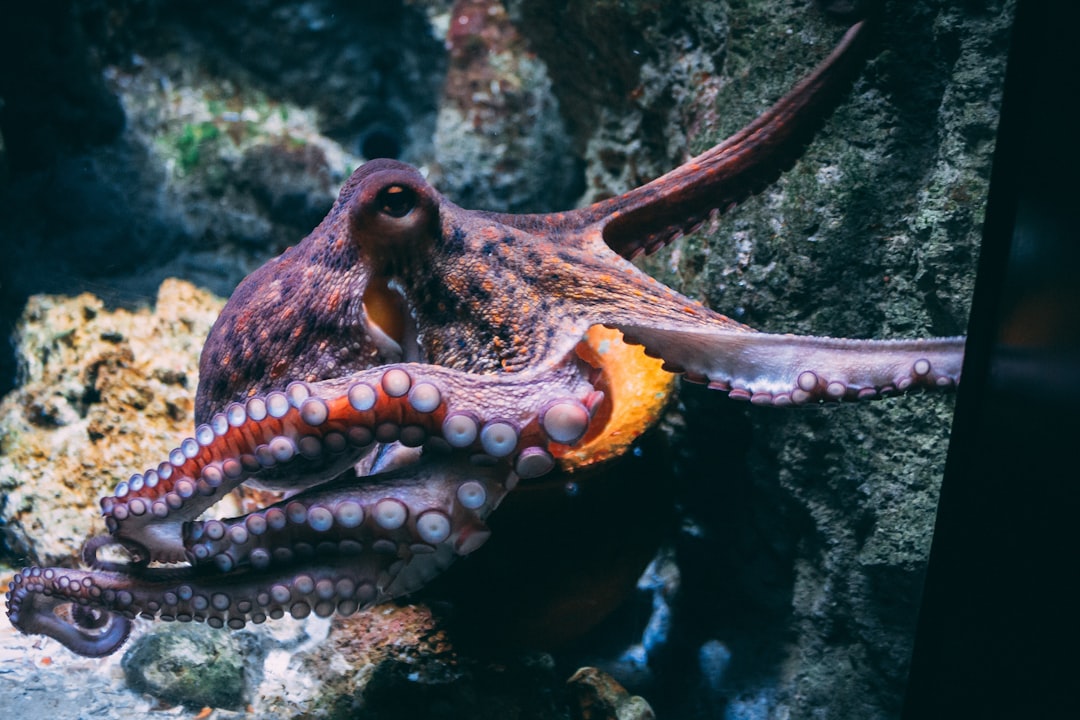
Octopus Oracle
You are an expert in octopus intelligence, truly an underwater guru!

